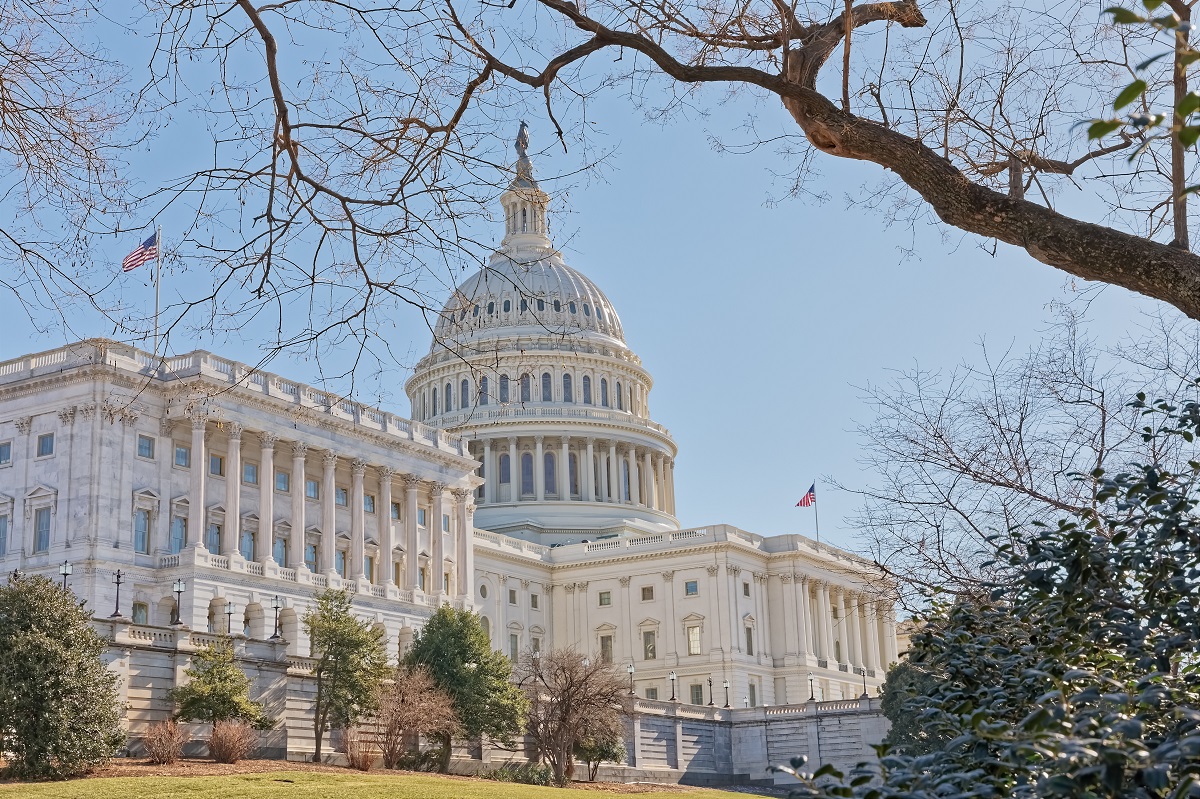
Continuing with the heavy trend 2022 has seen of both federal and state regulator focus on medical debt coming on the heels of the aftermath of the COVID-19 pandemic, a bill introduced in the U.S. Senate is taking aim at the collection of medical debt.
Senate Bill 5150, the Strengthening Consumer Protections and Medical Debt Transparency Act, was recently introduced by Sen. Chris Murphy (D-Conn.) and provides for certain consumer protections related to medical debt collection practices. It would apply to both the medical facility providing services as well as any “debt collector,” as defined by the federal Fair Debt Collection Practices Act.
The legislation would prohibit a health care entity, or its debt collector, from engaging in “extraordinary collection actions” (“ECAs”) to collect a medical debt prior to satisfying certain conditions. An ECA is defined to include:
(i) Selling an individual’s debt to another party
(ii) Reporting adverse information about the individual to consumer credit reporting agencies or credit bureaus
(iii) Deferring or denying, or requiring a payment before providing, medically necessary care because of an individual’s nonpayment of one or more bills for previously provided care
(iv) Actions that require a legal or judicial process, including but not limited to
(A) Placing a lien on an individual’s property (other than a lien described in paragraph (b)(3) of this section);
(B) Foreclosing on an individual’s real property;
(C) Attaching or seizing an individual’s bank account or any other personal property;
(D) Commencing a civil action against an individual;
(E) Causing an individual’s arrest;
(F) Causing an individual to be subject to a writ of body attachment; and
(G) Garnishing an individual’s wages. 26 CFR § 1.501(r)-6
Specifically, the legislation would prohibit an ECA by a healthcare provider or its debt collector before the provider determines if the patient qualifies for financial assistance via state or federal programs, or via the facility’s own charity or assistance programs. It also prohibits engaging in an ECA until the expiration of a 180-day period beginning on the date on which an initial bill is sent to the consumer. The legislation would also prohibit an ECA if notice is provided that a health insurance coverage appeal is pending and must cease if it was already commenced prior to receiving notice of an appeal.
The legislation would also require facilities and their debt collectors to make “reasonable efforts” to confirm the identity of the debtor and provide an “easy-to-understand” itemized bill to the debtor, both prior to the commencement of collections. What those terms mean and how courts would interpret them is unknown at present. Additionally, because the legislation imposes similar obligations on both the facility and its debt collector, if it becomes law, it will necessarily require facilities and their debt collectors to contractually define their responsibilities with respect to collection activities.
The bill also proposes that a facility or its collector provide a copy of any receipts for any payments made on the debt within 30 days of any such payment. Further, it would limit the amount of interest that may be charged to a medical debt to the annual rate set by the federal post-judgment interest rate or 5%, whichever is lower.
A “patient” may recover actual damages against a facility or debt collector that violates the act as well as “additional damages” up to $1,000 for each violation and attorney’s fees. The legislation would allow a class action to recover judgment for the lesser of $2 million or 1% of net worth.
As drafted, the legislation would make facilities and their debt collectors strictly liable for a violation and there is no provision excusing a bona fide error as in the FDCPA.
Should the bill become law, debt collectors who violate the law would likely find themselves subject not only to claims for violation of this act, but also claims under the FDCPA and state law counterparts premised on a violation of the new law. The legislation would also require medical debt collectors to update their policies, procedures, and operations consistent with the new requirements. So far, it remains a proposed law, but this is one to pay close attention to considering the impact it could have on the collection of medical debt. The attorneys at Maurice Wutscher will continue to monitor and provide updates on developments in the medical debt space.


